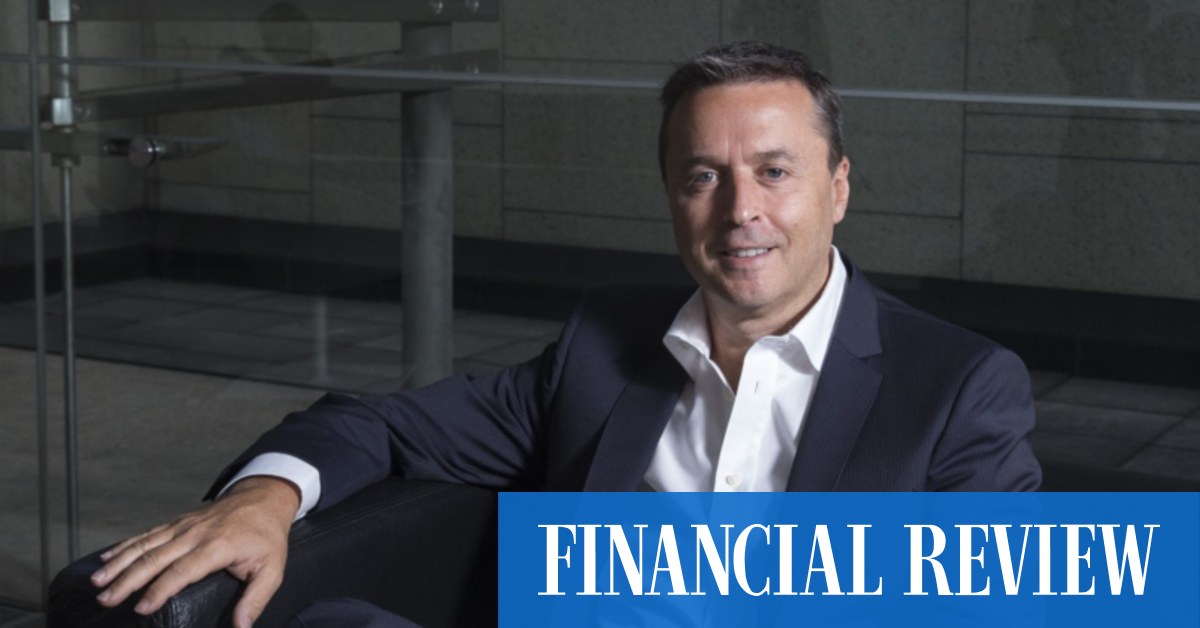This was still lower than the $2.50 at which shares were priced for the company’s initial public offering in December – and the price ADIA will pay for the shares under the agreement that links the sovereign wealth fund’s investment to Qualitas’ growth.
The first $700 million investment will go into a new vehicle, Qualitas Diversified Credit Investments, which will have the flexibility to invest in a variety of commercial real estate debt products, whether first mortgage debt, mezzanine debt, unsecured loans or preferred equity.
This fund will not be open to other investors.
To tap its entitlement, ADIA will have to invest a further $700 million, which will allow it to exercise options up to a 7 per cent stake. For every further $100 million it invests, it unlocks a further 1 per cent stake, up to an invested capital total of $1.7 billion.
There’s no prize in giving the biggest checks at the cheapest price. We’re going back to normal pricing, that 2018-type pricing.
— Qualitas MD Andrew Schwartz
The expiration date of the agreement is August 1, 2024, but it can be extended by a further six months if Qualitas has allocated less than $560 million of ADIA’s capital by the start of February 2024.
Mr Schwartz founded Qualitas in 2008, during the global financial crisis, which he said was the “best time” to focus on private, or non-bank, commercial real estate debt because banks held back from lending. Conditions were similar now, he said.
“There’s always activity going on in the market,” he said. “Qualitas is really experiencing a strong deal pipeline. At these periods of time you’ve got very high standards of lending, but we’re experiencing a surge of pipeline.”
Pricing of commercial real estate debt had risen on average 200 basis points from lows of the past couple of years, which was “normal pricing”, he said.
“There’s no prize in giving the biggest checks at the cheapest price,” he said. “We’re going back to normal pricing, that 2018-type pricing. Things that might have been [priced at] 6 per cent can be 8 per cent and anything that was 8 per cent can be 10 per cent.”
Mr Schwartz said that selling a large equity stake to a new investor at that level would not dilute the stake of existing stakeholders.
One other major investor, Ethical Partners chief executive Matt Nacard, said ADIA was taking a long-term view of Qualitas’ prospects and welcomed the investor.
“It’s a really strong endorsement, not only of the business but the business model and the market,” he said.
Mr Schwartz declined to comment on whether the share price would have recovered to its pre-IPO level by that time, but said the shares initially priced at $2.50 when the company had $4.2 billion of funds under management and ADIA would need to have invested at least $1.4 billion before it could take advantage of the options.
“If you do the maths, we would be roughly 50 per cent bigger in assets under management than we were at the time of the IPO,” he said.
